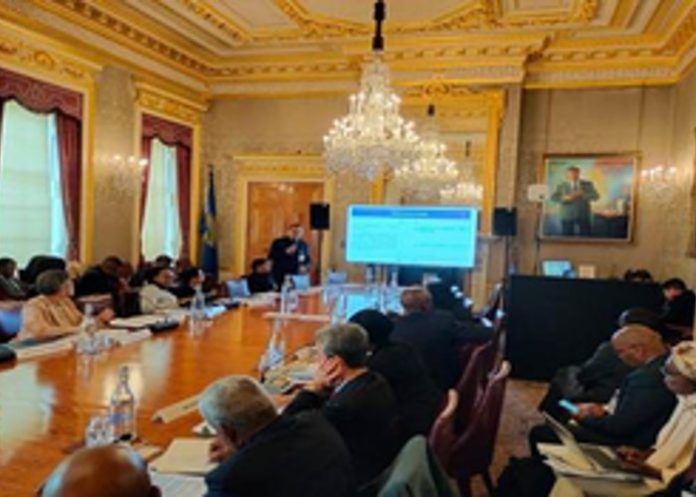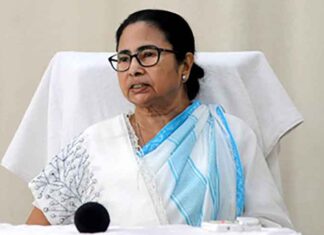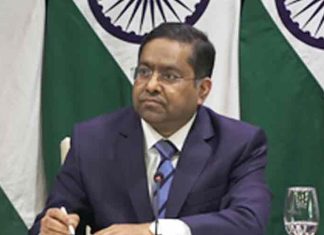London, April 25, 2024
The Commonwealth Secretariat has recognised India’s Centralised Public Grievance Redress and Monitoring System (CPGRAMS) as a global best practice that can be adopted by other countries to benefit their people.
The presentation on India’s redress system was made by V. Srinivas, Secretary, Department of Administrative Reforms at the biennial meeting of Commonwealth officials with the theme: ‘Institutionalisation of SMART Government to enhance public service delivery’ with focus on adopting AI in governance.
The Secretary General of the Commonwealth, Ms. Patricia Scotland KC said, “CPGRAMS is a state-of-the-art grievance redressal system and a best practice of SMART government. The Commonwealth’s remaining 1.2 billion citizens can benefit from the adoption of the technology platform in the same way India’s 1.4 billion citizens have benefited.”
The Civil Registration and Vital Statistics System (CVRS) and identity management systems of Namibia and Human Resource Management and E-Citizen models of Kenya were also received commendation as future-ready governance best practices from across the Commonwealth.
The forum brought together Commonwealth Heads of Public Service, Secretaries to Cabinet, Senior Public Officials, industry champions, and eminent scholars.
The primary objectives of the meeting, held between April 22-24, were to share contemporary knowledge, ideas and experiences on how technology could be leveraged to support provision of e-services for optimal service delivery and achievement of the 2030 Agenda for Sustainable Development across the Commonwealth.
It also aimed at sharing select relevant case studies of some member countries and to identify opportunities for possible partnership and collaboration.
It was observed that there is currently greater appreciation of the importance of digital government, which has added impetus on the roll out of e-services across many jurisdictions.
Member countries affirmed the CHOGM mandate that seeks to eliminate the digital divide and acknowledged the importance of transformative technologies, such as Artificial Intelligence (AI).
Member countries also identified the Commonwealth Artificial Intelligence Consortium (CAIC) as the platform to lead the way in capacity development work on SMART government to be effectively used for efficient redress of public grievances, improving service delivery, strengthening integrity systems and ushering in procurement reforms.
The meeting was briefed about the Commonwealth Hub for the Business of Government whose aim is to support capacity building initiatives for governments, promote good governance and facilitate achievement of the 2030 Agenda for Sustainable Development.
The meeting agreed and endorsed the following actions:
Creation of a community of practice for Commonwealth Heads of Public Service to enhance sharing of knowledge and experiences.
Conducting a stocktaking exercise on the status of smart governance within the Commonwealth countries and to identify both the success stories as well as the gaps/demand for digital services.
Charting of a road map to facilitate implementation of agreed actions at country level until the next biennial meeting scheduled for 2026.
Sharing the work being conducted by the Commonwealth AI Consortium amongst members and expanding the number of members currently being reached through its activities.
Sharing future-ready governance best practices from across the Commonwealth.
Continuing provision of technical assistance to support implementation of GAPP principles, including capacity building in government performance management.(Agency)






































































